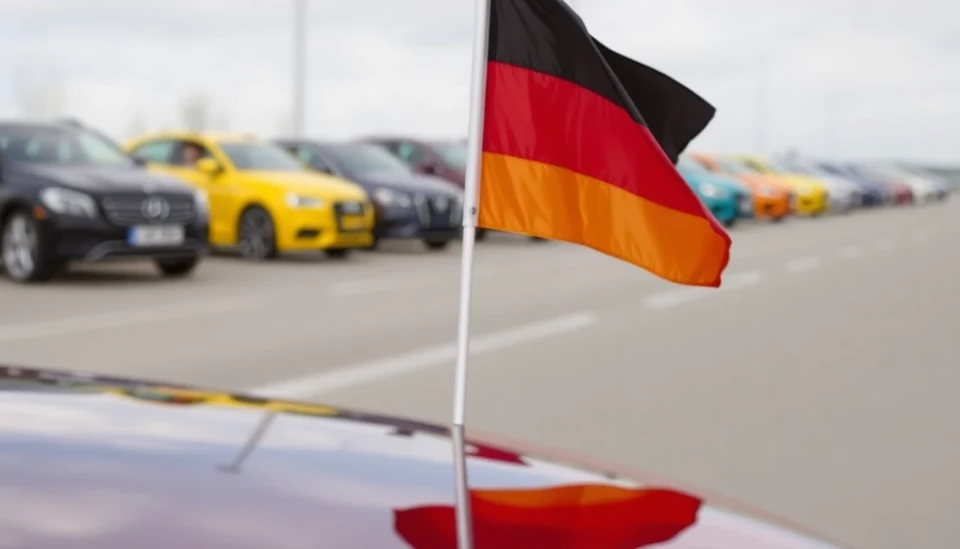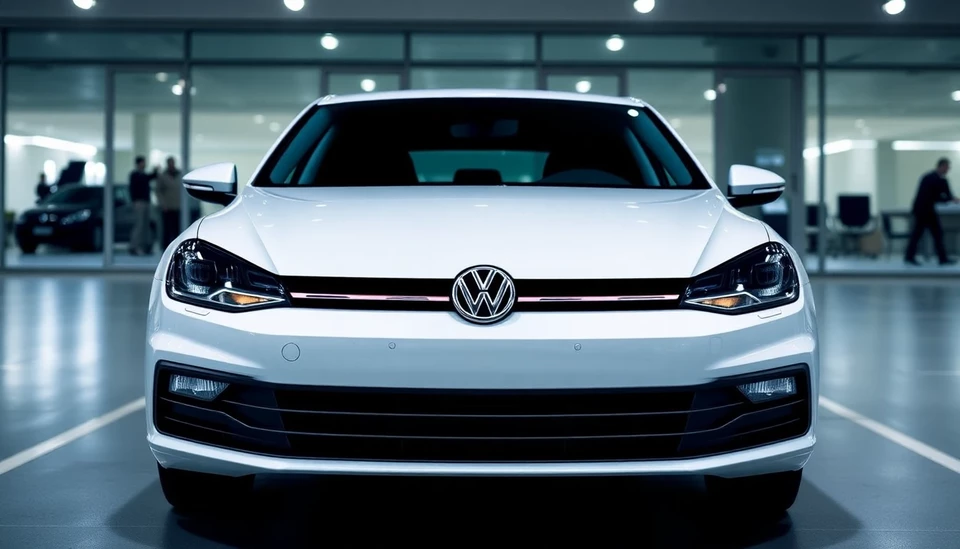
The German automotive sector is currently experiencing a significant downturn in sentiment, reaching unprecedented lows as fears surrounding competitiveness continue to proliferate. Industry experts and stakeholders are increasingly worried that German manufacturers may be losing their edge in a rapidly evolving global market.
The latest industry survey indicates that sentiment among auto industry executives has dropped dramatically, raising alarms about the sector's future prospects. Total vehicle sales, particularly in the European market, have seen a notable decrease, prompting further anxieties about the overall health of the German automotive industry.
One of the primary factors contributing to this decline in sentiment is the rising competition from electric vehicle manufacturers, particularly from Asia and the United States. Many traditional German automotive giants are struggling to keep up in the shift towards green technology and electric mobility, which has led to concerns about their long-term viability and market position.
Moreover, the increasing presence of foreign competitors has also highlighted deficiencies within German auto manufacturers regarding innovation and adaptability. As technology advances at a breakneck pace, the challenges posed by these competitors are forcing the industry to re-evaluate its strategies and operational efficiencies.
Additionally, economic uncertainties, including fluctuating energy prices and raw material costs, have exacerbated the industry's woes. Executives are grappling with how to ensure profitability while addressing environmental regulations and shifting consumer preferences towards sustainable alternatives.
In light of these pressures, many executives are advocating for a concerted effort to enhance competitiveness. They stress the importance of investing in research and development, embracing technological transformations, and bolstering collaborations with startups and tech companies. This pivot may be crucial in revitalizing the industry and regaining consumer trust.
However, the challenges are formidable. To turn around the sentiment and bolster industrial confidence, it will require not just strategic planning and execution but also a cultural shift in how the German automotive sector operates, embracing agility and forward-thinking measures to thrive in the future.
As the situation continues to unfold, all eyes will be on how German auto manufacturers respond to these pressing challenges. The actions taken in the coming months could be pivotal in determining the industry’s trajectory in an increasingly competitive landscape.
Stakeholders and observers alike are keen to see whether the automotive giants can leverage Germany's storied tradition of engineering excellence while adapting to the modern demands of the automotive market.
In conclusion, the sentiment in the German automotive industry has reached a critical juncture. With pressing existential challenges on the horizon, the sector must innovate and evolve to maintain its historical leadership in the automotive space.
#GermanAutoIndustry #CompetitivenessConcerns #ElectricVehicles #AutomotiveNews #InnovationInAutomotive
Author: Victoria Adams
